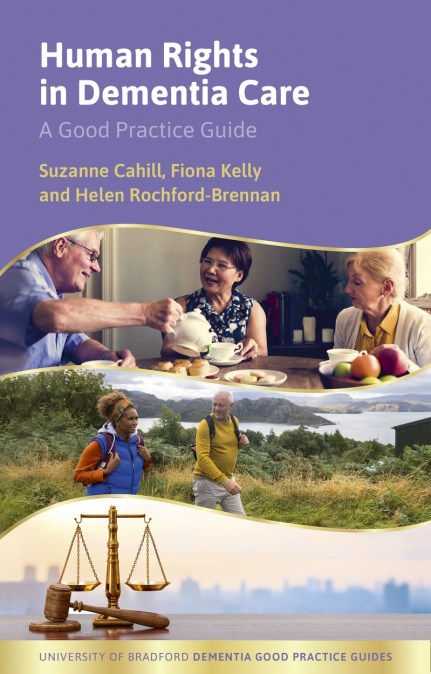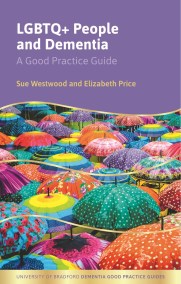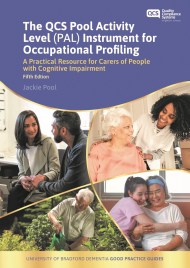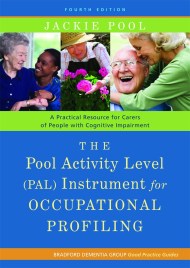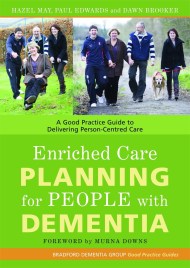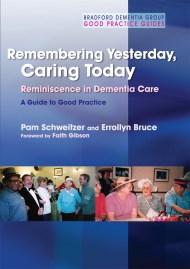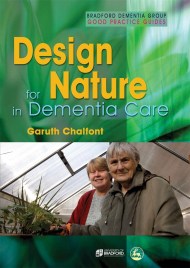Human Rights in Dementia Care
On sale
21st August 2025
Price: £19.99
Human rights are a key issue for all healthcare and social care practitioners, and almost every aspect of dementia care has a human rights dimension. How can we balance the individual’s right for dignity, autonomy and privacy against the backdrop of time constraints, duty of care and limited resources? Can a person with dementia be supported to participate in decision making? Is assistive technology always empowering? What must it feel like to be denied a dementia- specific service because of one’s age?
This practice guide addresses these along with other critical questions, helping you to better understand the diverse and often complex dimensions of dementia caregiving. It provides a new framework to enable you to apply a human rights approach to real life situations, placing the person with dementia at the centre stage and keeping their dignity, independence, sense of purpose and quality of life at the fore. The book builds on person-centred principles, uses case studies to demonstrate theory and provides new analytical tools to support all those committed to best practice in dementia care.
This practice guide addresses these along with other critical questions, helping you to better understand the diverse and often complex dimensions of dementia caregiving. It provides a new framework to enable you to apply a human rights approach to real life situations, placing the person with dementia at the centre stage and keeping their dignity, independence, sense of purpose and quality of life at the fore. The book builds on person-centred principles, uses case studies to demonstrate theory and provides new analytical tools to support all those committed to best practice in dementia care.
Reviews
Human Rights in Dementia Care is the most important book on care of persons with dementia that I have read in years. The book transcends typical approaches and shows how combining a Human Rights perspective and the best clinical approaches can lead to high quality care. The book gives a strong foundation for how medical and social care professionals can go beyond usual care and how they can treat persons with dementia with respect, dignity and with the freedom to make their own decisions.
A compelling guide to working with families affected by dementia through a human rights lens with a focus on individual care settings and key points in the dementia journey. The chapter format enables the application of human rights to better inform practice, for example, 'food for thought' to provoke reflection on practice and prompt further thinking.
In Ireland, aspiring to the principles of the UN Convention on the Rights of Persons with Disabilities (UNCRPD) and the European Convention on Human Rights (ECHR), we are committed to ensuring that people living with dementia are supported with dignity and have the right to autonomy and freedom. Human Rights in Dementia Care powerfully illustrates how a rights-based approach can be applied from diagnosis through to end-of-life care. Grounded in lived experience, practical models, and the application of international conventions, this book is an essential guide. It challenges us all-constructively and positively-to reflect on and transform our approach to dementia care in Ireland.
Talk of human rights can soon become vacuous. This book gives authoritative, practical and humane substance to the patent truth that people living with dementia should expect to be treated in ways that are compatible with their basic human rights.

